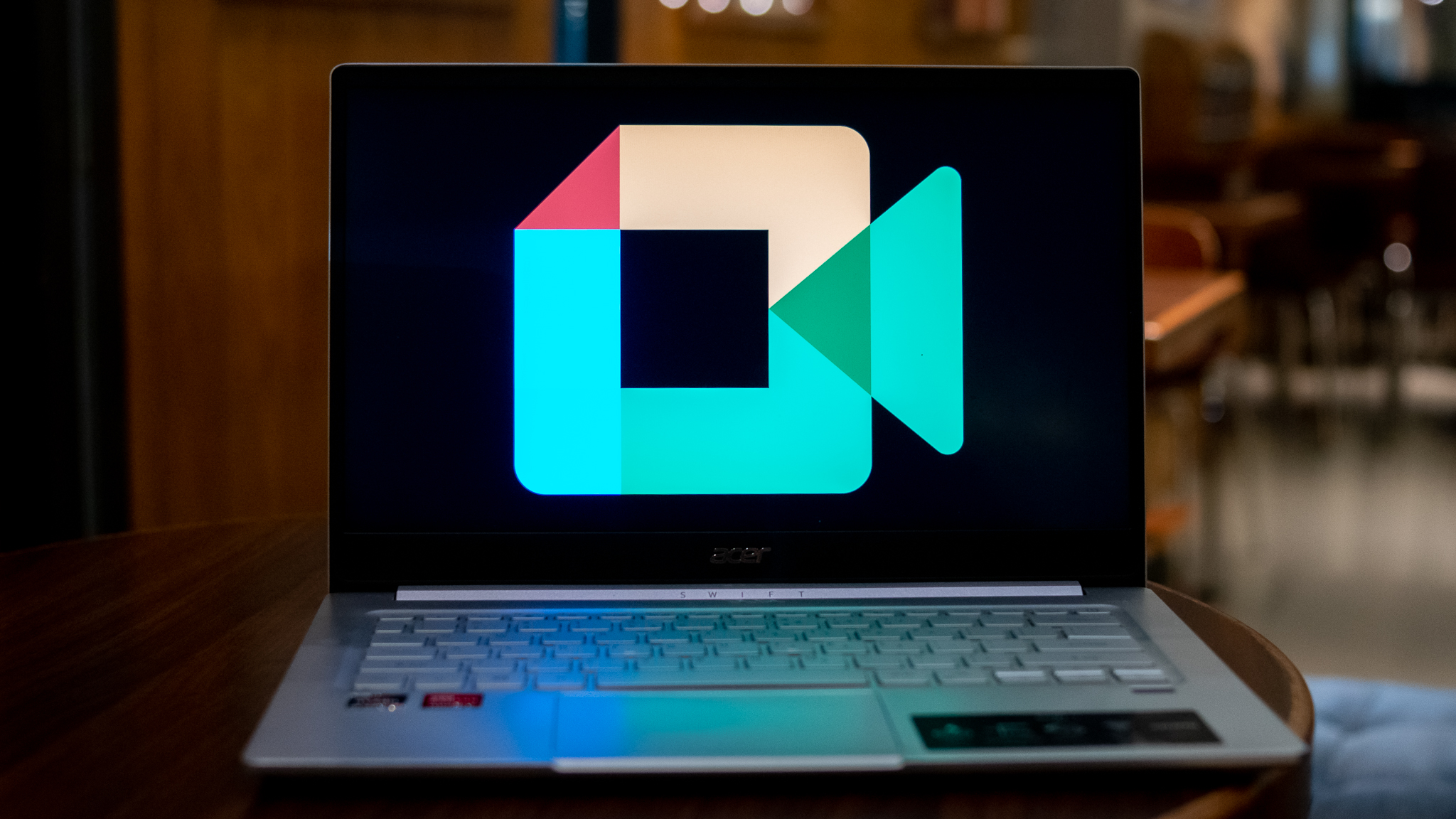Samsung Galaxy Tab S7 vs. iPad Pro: Which should you buy?
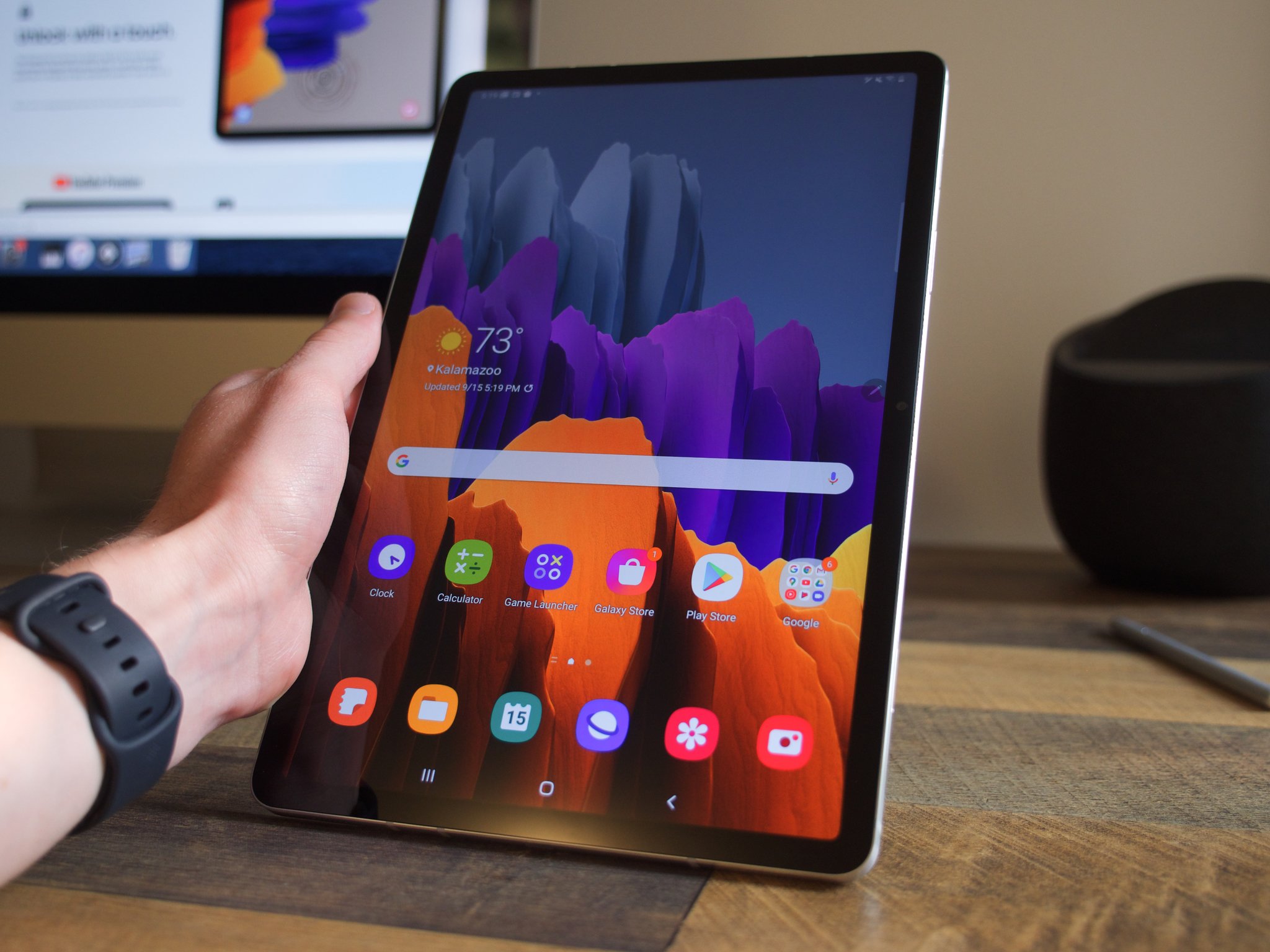
Samsung Galaxy Tab S7
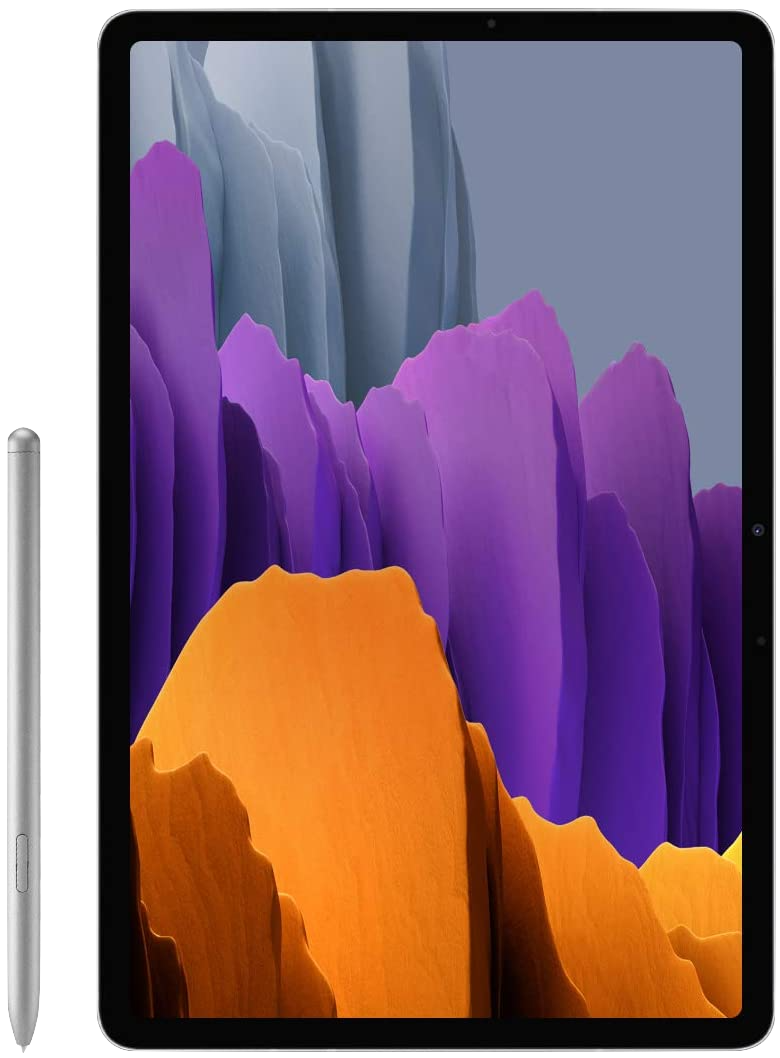
While Android tablets as a whole may be in a weird place, the Galaxy Tab S7 still manages to deliver a rock-solid user experience that's worth paying attention to. It has an excellent 120Hz display, ample performance, and an ultra-premium build. You also get the S Pen included for free, giving you an out-of-the-box way to draw and take handwritten notes.
Samsung Galaxy Tab S7
Android's best
Apple iPad Pro (2021)
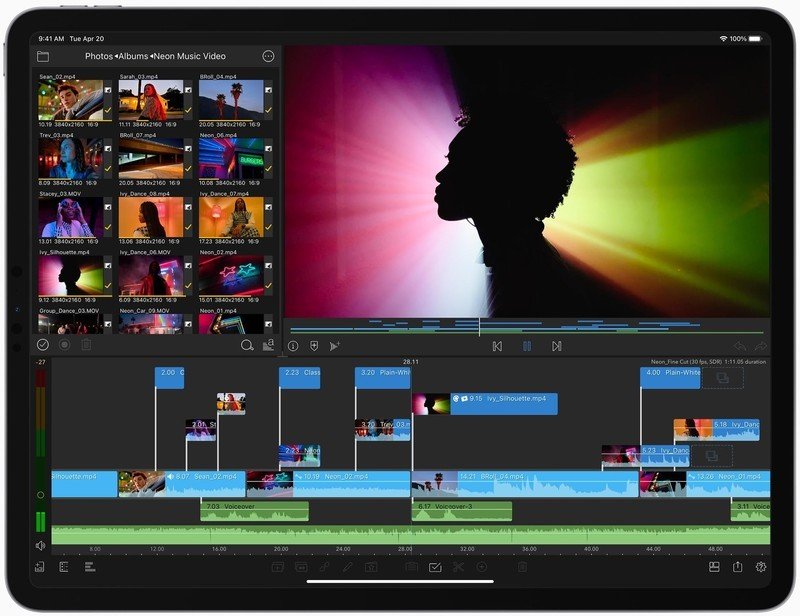
Over the years, iPads have stood out as the thing to get if you want a tablet. The iPad Pro fires on all cylinders to make sure that never changes. We can talk about the unmatched processor, 120Hz display, and powerful cameras, but what's even more important is the iPad Pro's software. It's fast, simple, and has vastly better support for larger screens.
Apple iPad Pro (2021)
If you prefer iOS
The Galaxy Tab S7 and iPad Pro are very similar — they both represent the best tablet you can get for their respective operating systems. Android still has plenty of quirks when used on a tablet, but the Tab S7 is an absolute joy to use if you can overlook those. It's fast, has a great display, and is a much better overall value. Apple's latest iPad Pro isn't a good fit if you have a tight budget. However, thanks to incredible technical specs and software that's truly optimized for the big screen, it still stands out as the better overall tablet (assuming you don't mind iOS).
Galaxy Tab S7 vs. iPad Pro: More in common than you might think
When comparing an Android tablet against an iPad, your first instinct might be to think that they're drastically different from one another. However, in the case of the Galaxy Tab S7 and iPad Pro, that's not necessarily the case. While the software on each one is certainly night and day, the tablets' hardware is very similar.
Right off the bat, we have the displays. Both the Galaxy Tab S7 and iPad Pro feature 11-inch LCD panels with a 120Hz refresh rate. The resolutions are slightly different, but this has more to do with the shapes of the screens than anything else. No matter which tablet you get, you'll be treated to an excellent display that looks and feels as good as you could ask for.
Performance is another area where both tablets shine. Apple's M1 chips are arguably more capable than the Snapdragon 865+ found in the Tab S7, but both chipsets are more than fast enough for any task you throw at them. Whether it be running multiple apps side-by-side or playing graphically intense games, either device has you covered.
Factor all of that together, with great battery life between both tablets, ample storage options, and decent cameras should you find yourself needing to take a quick photo or hop in a video call. It can get a little difficult to see what makes these tablets so different from one another.
Get the latest news from Android Central, your trusted companion in the world of Android
| Header Cell - Column 0 | Galaxy Tab S7 | iPad Pro (2021) |
|---|---|---|
| Operating System | Android 10 One UI | iPadOS 14.5.1 |
| Display | 11-inch LCD 2560x1600 120Hz refresh rate | 11-inch LCD 1668x2388 120Hz refresh rate |
| Processor | Qualcomm Snapdragon 865+ | Apple M1 |
| Memory | 6 or 8GB | 8GB or 16GB |
| Storage | 128GB 256GB 512GB | 128GB 256GB 512GB 1TB 2TB |
| Expandable Storage | ✔️ | ❌ |
| Rear Camera 1 | 13MP primary f/2.0 | 12MP primary f/1.8 |
| Rear Camera 2 | 5MP ultra-wide f/2.2 | 10MP ultra-wide f/2.4 |
| Rear Camera 3 | ❌ | Time-of-flight 3D LiDAR scanner |
| Front Camera | 8MP f/2.0 | 12MP f/2.4 |
| Battery | 8,000 mAh | 28.65 Wh |
| Charging | 45W wired charging | 18W wired fast charging |
| Security | Side-mounted fingerprint sensor | Face ID |
| Dimensions | 253.8 x 165.3 x 6.3 mm | 247.6 x 178.5 x 5.9 mm |
| Weight | 498g (Wi-Fi) 500g (LTE) 502G (5G) | 466g (Wi-Fi) 470g (5G) |
Galaxy Tab S7 vs. iPad Pro: Samsung has a few unique tricks
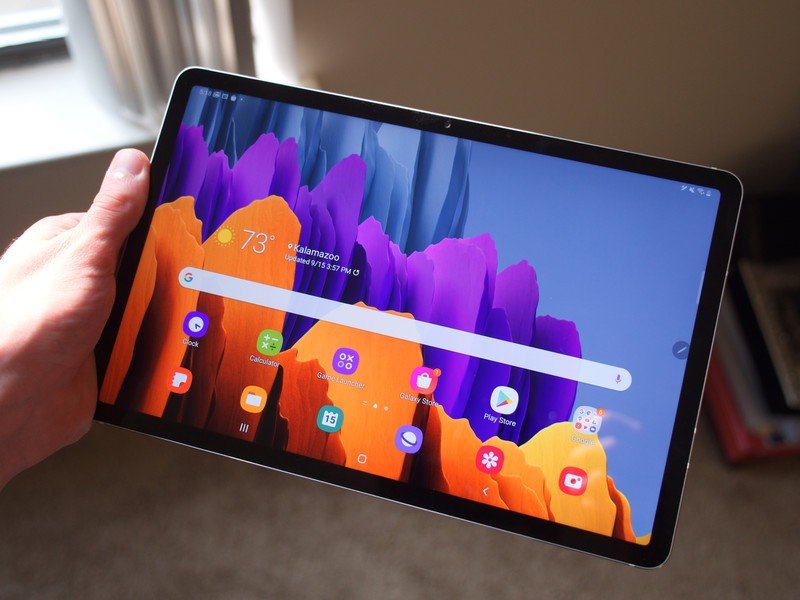
Should you dig a little deeper, you'll start to notice a few key areas in which the Galaxy Tab S7 and iPad Pro do manage to forge their own path. Starting with Samsung's tablet, one key advantage is that it comes with the S Pen included at no extra cost. It's a fantastic accessory for note-taking or drawing, especially with the improved latency of just 9ms — the same you get with the Apple Pencil on iPad Pro.
The Apple Pencil delivers just as good of a stylus experience as the new S Pen does, but the fact that it costs another $129 makes it a pricey add-on to an already expensive tablet. The fact that Samsung doesn't charge anything for the S Pen while continuing to make it better is awesome and hard to pass up.
There's also Samsung DeX, a secondary interface you can use on the Tab S7 at any time. Just tap the DeX button, and the traditional Android UI is swapped out for something that looks a lot like Windows. It's not perfect and has a few bugs you'll need to put up with, but it allows for great multi-tasking and can be perfect for certain workflows.
Galaxy Tab S7 vs. iPad Pro: Why the iPad comes out ahead
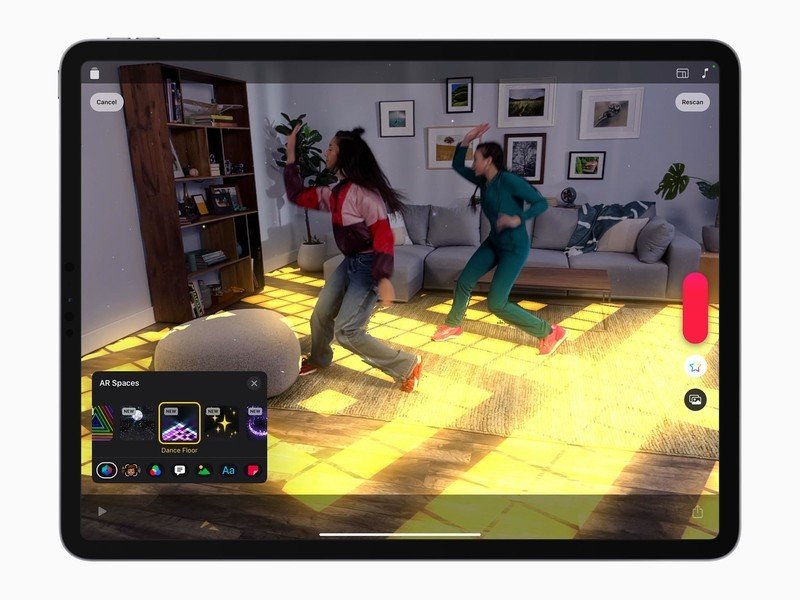
Don't go thinking the iPad Pro doesn't have a unique leg to stand on. It may not have a bundled stylus or Samsung DeX, but what it does have going for it is a software platform that feels fully optimized for a tablet.
Even in 2020, when Android tablets have existed for a few years, the number of apps that adapt to larger tablet displays and use the extra space is embarrassingly small. Certain developers have taken the time to make sure their apps look and feel good on Android tablets, but this is not the case for most of them. By comparison, apps on iOS/iPadOS tend to be much better with larger screens. They more frequently use the added screen real-estate to their advantage, rather than just being a stretched-out version of a phone app.
This makes using an iPad on a day-to-day basis a lot more enjoyable than any Android tablet, and while that's not anything Samsung is in the wrong for, it's just a fact of where Android tablets stand these days.
On top of that, the iPad Pro also benefits from a thinner and lighter design, a more technically capable processor, longer software support, and a LiDAR sensor that allows for high-quality augmented reality experiences.
Galaxy Tab S7 vs. iPad Pro: A matter of price and software
For a lot of people reading this, you probably have a preference for Android or iOS. If you do, this comparison is settled. The Galaxy Tab S7 has its software flaws, but if you just can't stand the way Apple products operate, it'll still be the better fit for you. The iPad Pro is nowhere near as good of a value as the Tab S7, but if you hate Android, it'll be worth spending the extra money.
If you aren't set in your ways when it comes to these two platforms — or you like them equally — you have a bit more to think about.
The Galaxy Tab S7 is the best choice for people who want a flagship tablet experience without going broke and is one of the best Samsung tablets on the market. It has very similar hardware compared to the iPad Pro, comes with the S Pen in the box, and costs less money. It's a proposition that's hard to argue with. You could make the argument that the iPad Pro is just too dang expensive, but there really is something to be said about how far ahead iOS/iPadOS is compared to Android for this form factor.
So long as you understand your budget and where your priorities lie, it should be pretty easy to decide which tablet is right for you.

Samsung's best tablet just got better
The Galaxy Tab S6 was widely seen as the best Android tablet of 2019, and with the Tab S7, Samsung took that formula and made it even better. Whether it be the 120Hz display, Snapdragon 865+, or the included S Pen with its reduced latency, the Tab S7 delivers a flagship experience that you don't want to miss.

Want an iPad? This is the best one
Even if you tend to prefer Android over iOS for your smartphone, there's no arguing that the iPad offers the best overall tablet experience you can find. The software is fast and easy-to-use, the vast majority of apps are properly optimized, and you're backed by years and years of updates.

Joe Maring was a Senior Editor for Android Central between 2017 and 2021. You can reach him on Twitter at @JoeMaring1.
